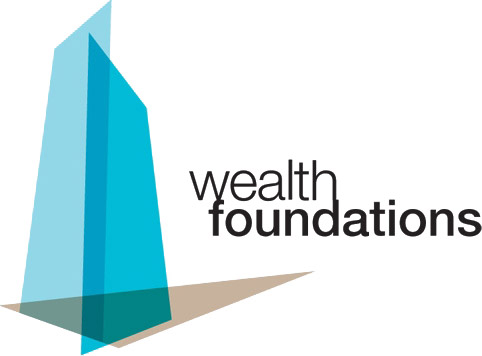

Financial planning continues to get a bad rap …
Financial planning continues to get a bad rap. The Global Financial Crisis, poor investment returns, the failure of various financial planning firms and investment schemes, threats of further government regulation of the industry and a media that is all too willing to focus on the negative are contributing factors. As a result, many people that should under no circumstances attempt to look after their personal financial affairs have been convinced that this is the best way to go.
And for those that continue to seek financial advice, too many decisions are being made on the basis of immediate cost rather than an assessment of value. This is often because it is difficult to judge the value ahead of making the decision to appoint a financial planner. But cost may be a very poor guide to quality. And, unfortunately, it will not reflect missed opportunities, mistakes and poor decisions.
In our view, the current negativity and cost sensitivity are due to a focus on events that have little relevance to what we consider financial planning should be about and its potential value. A failure to understand exactly what you are buying when you purchase financial planning services is almost certain to lead to disappointment.
What is the purpose of financial planning?
We think the objective of financial planning / wealth management is to maximise the chances that your financial resources will not be an impediment to achieving what is most important to you in life. For clients that buy-in to this objective, its reliable delivery offers value far in excess of cost.
The objective also says a lot about what financial planning is and isn’t, including:
- There is a clear implication that clients understand and are able to articulate what is most important to them in life;
- There is a shared understanding of the expected financial resources available to clients over their lifetime, that is regularly updated;
- Financial planning is a process, not a once-off event – circumstances, objectives and the environment are forever changing. A financial plan prepared several years ago is unlikely to remain consistent with the objective;
- The aim of financial planning is not to maximise wealth, but to ensure it is sufficient to enable lifestyle expectations to be met. Financial wealth is a means to an end, not an end in itself. Also implied is a conscious trade-off should there be an imbalance between expected financial resources and desired lifestyle;
- There are processes that will “maximise the chances” of achieving your life objectives. An evidence based investment approach is an integral element, but it is not the sole or even a predominant focus; and
- While success cannot be guaranteed, the processes have delivered in the past and are expected to deliver in the future. Over extended periods of time (i.e. at least five years), financial progress consistent with lifestyle intentions should be clearly evident.
It is with the final point in mind that we have prepared our latest eBook, “The Value of Financial Planning: The Wealth Foundations’ Way”. It aims to make the value of financial planning more concrete by examining actual client experiences with our approach to wealth management / financial planning. It anonymously overviews the changes in the financial situations of ten clients who agreed to share their progress over the time they have been working with a Wealth Foundations’ principal.
To assess our clients’ current financial health, and their progress toward achieving their desired financial futures, we track a number of metrics. These metrics include:
- Net Worth: The total value of a client’s lifestyle assets and investment assets, less their liabilities. It is a measure of a client’s total wealth;
- Net Investment Wealth: It measures the wealth immediately available to live off in the event the client has insufficient personal exertion (i.e. earned) income to meet ongoing lifestyle expenditure. It is calculated as a client’s net worth less the value of their lifestyle assets;
- Net Investment Wealth/Net Worth: This ratio focuses on the division of total wealth between lifestyle and net investment assets. It measures the percentage of net worth that is held as net investment wealth; and
- Retirement Expenditure Multiple: This critical metric measures the number of years of retirement expenditure that could be financed from current net investment wealth. It is calculated as Net Investment Wealth divided by desired annual retirement (or financial independence) spending (in today’s dollars).
The eBook explains the importance of each of the metrics. It also demonstrates that monitored over time, they provide clear evidence of progress toward achieving the financial future desired by each client.
The “value of financial planning” emerges over time
Hopefully, what stands out from reading the eBook, particularly against the backdrop of fairly unfavourable investment markets over the periods under examination, is the steady (and sometimes, spectacular) progress of the accumulator clients and the resilience of the retiree clients.
While our clients do most of the hard work, it is their disciplined adherence to the processes over extended periods – the “Wealth Foundations’ Way” – that reliably achieves the desired results. We leave it up to readers to compare their financial progress with that of our clients and decide whether our approach to financial planning adds value.

2 Comments. Leave new
[…] recent article, “What is “The Value of Financial Planning”?”, introduced a number of key metrics that we monitor to assess clients’ progress toward meeting […]
Thanks for the article. Lots of very good points. Two things that I have found crucial to understand in my time as a client. One, planning is planning and you are better off doing it than not doing it, however markets go up and down in the short term and things can look bad at times, but a good plan will repay you in the long term. Two, fee transparency with your advisor. I prefer a fee based arrangement to ensure impartiality.